Our Comprehensive Eye Exam and Refraction
The cornerstone of Dr. Scott Shettle’s practice is providing each patient with a complete comprehensive eye exam and refraction.
Comprehensive Eye Exam – A comprehensive eye examination involves a series of tests administered by Dr. Scott Shettle to assess your level of vision and detect any abnormalities, misalignments, or diseases, such as glaucoma, if present. Because sight can change, refractions are also performed to make sure that a patient with glasses or contacts continues to benefit from their current prescription. Through the process of reflecting or emitting light, the human eye allows us to see and interpret the shapes, colors, and dimensions of objects in our world. The eye is able to detect bright light and dim light, interpret millions of different colors, and perceive depth, distance, and subtle spatial relationships.
Dilated Eye Exam -The dilated portion of the comprehensive eye exam is performed by Dr. Shettle in order to look for common vision problems and eye diseases, many of which have no early warning signs. In a dilated eye exam, the patients’ eyes are dilated with dilation eye drops. This allows the pupils to widen, giving your eye doctor a clearer view of the retina and the optic nerve.
As with the rest of our body, over time the health of the eyes may deteriorate and good vision may be compromised. It’s important to maintain proper eye health through regular annual eye exams with an optometric physician.
Our eye examinations include all of the following:
- personal case history
- measurement of current visual acuity
- tonometry (intra-ocular pressure check)
- preliminary testing
- keratometry
- refraction
- anterior and posterior eye health exam
- dilation
- supplemental testing if needed
- discussion of results and specific treatment recommendation
What to Bring to Your Comprehensive Eye Exam
- Your appointment information
- An updated insurance card, if available
- Your previous eye exam records, if available
- Your eyeglasses or contact lenses, if you wear them
Eye Exam Questions & Answers
How often should I have my eyes examined?
In general, it is a good idea to get an eye examination once every year. Those with a higher risk of eye issues, such as individuals with diabetes, previous eye trauma, or a family history of glaucoma should have more frequent eye examinations.
At what age should my child have their first eye exam?
Healthy children with no obvious eye or vision problems should have a general eye examination as part of their annual physical exam with their pediatrician, within the first year of their life. After that time, Dr. Scott Shettle accepts and recommends an eye examination at the age of five.
How long will the eye exam take?
A comprehensive eye examination from Shettle Family Eye Care & Eye Wear will take approximately forty five minutes to an hour.
Will I be able to drive after my eye exam?
While most of our patients feel comfortable driving after they’ve had their eyes dilated with drops, you may want to have someone with you in case you are unsure or uneasy driving while your eyes remain dilated.
